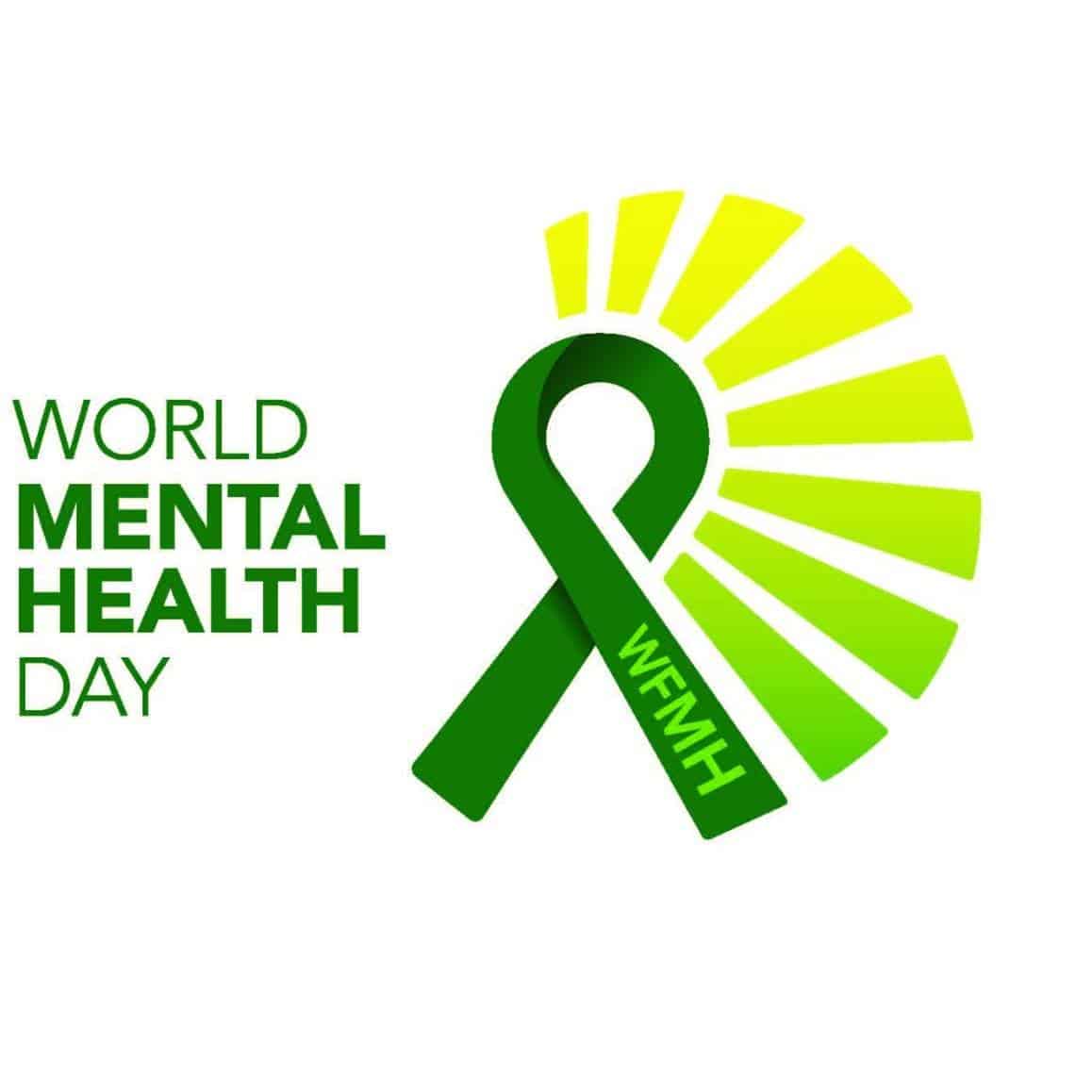
World Mental Health Day is on the 10th of October. It’s a moment for us all to pause, raise awareness of mental health challenges around the world, and come together in support of better mental health for everyone.
The World Federation for Mental Health have set this year’s theme as Access to Services – Mental Health Catastrophes and Emergencies. It highlights the urgent need for “accessible, culturally sensitive, and sustained mental health support” for those facing natural disasters, conflict, pandemics and humanitarian crises.
We were struck by the words of WFMH President Tsuyoshi Akiyama: “To counter the untoward effects of these essential natures, we need to mobilize the other fundamental natures of human beings that facilitate support, healing, and care for others.”
While crises and emergencies may be part of human life, so too are compassion, kindness and the ability to care for one another. These human qualities are just as fundamental, and they are what help us to recover, to heal, and to stay connected even in the most difficult times.
The World Federation for Mental Health reminds us that access to care in emergencies is about more than clinical services. It also includes community support, reducing stigma, and caring for the wellbeing of those on the front line. These principles resonate deeply with us.
At Mindapples, we believe everyone has mental health and managing our minds is a universal right. Our work is about making mental health part of everyday life and we encourage people to understand their minds, to talk about what helps them and to create supportive environments around them. We hold close the values of compassion, inclusion and care for each other and while our focus is on everyday wellbeing, we stand alongside the global call for mental health care that is accessible and equitable for everyone.
On World Mental Health Day, we add our voice to the World Federation for Mental Health’s call for action.
“Mental health is not a luxury. It is a lifeline.”
We all deserve support wherever we are and whatever we’re going through. It also reminds us that our everyday choices matter. By talking openly and reducing stigma, by building on habits that help us feel well, and by supporting those around us, we’re working towards creating stronger and kinder communities, helping us to feel connected and supported when we face challenges.
